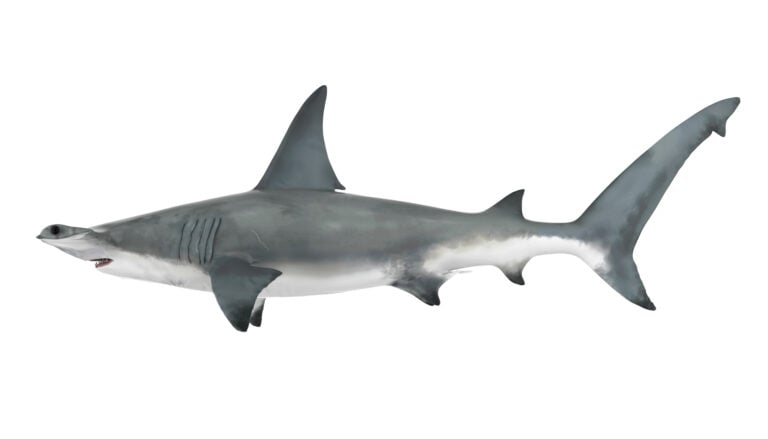
“Pay-to-release schemes for endangered species are being implemented around the world without anyone asking whether they actually make a difference. We found that fishers started deliberately catching more sharks to earn release payments, but many of these sharks died from stress before they could be freed. In other words, these well-intended payments ended up encouraging the very outcome they were meant to prevent.”
— Paul Ferraro, Bloomberg Distinguished Professor in environmental health and engineering
Can you judge a tumor by its neighbors?

“Think of a breast cancer tumor like a neighborhood: It’s not just the cancer cells themselves, but all the different types of cells living around them and how they’re organized spatially. When we can identify recurring patterns in these cellular neighborhoods—cancerous cells, specific types of noncancerous cells, and their arrangements—they’re like little flags saying, ‘Turn your attention over here, we may be important for predicting how this patient will do.’ This line of AIinformed research could ultimately help oncologists provide more accurate, personalized diagnoses and treatment.”
— Jeremias Sulam, assistant professor of biomedical engineering and William R. Brody Faculty Scholar
Does AI have a weight problem?

“In a word, yes. We’ve found that AI computer vision systems used to identify people in public safety and surveillance operations rely too much on body mass index as their primary identifying feature, even when BMI is not explicitly included in their training. The potential for misidentifying individuals if their weight changes is a significant vulnerability, which is why these systems should focus on more stable identifying features, such as gait or facial features.”
— Rama Chellappa, Bloomberg Distinguished Professor in electrical and computer engineering and biomedical engineering and former interim director of the Data Science and AI Institute


